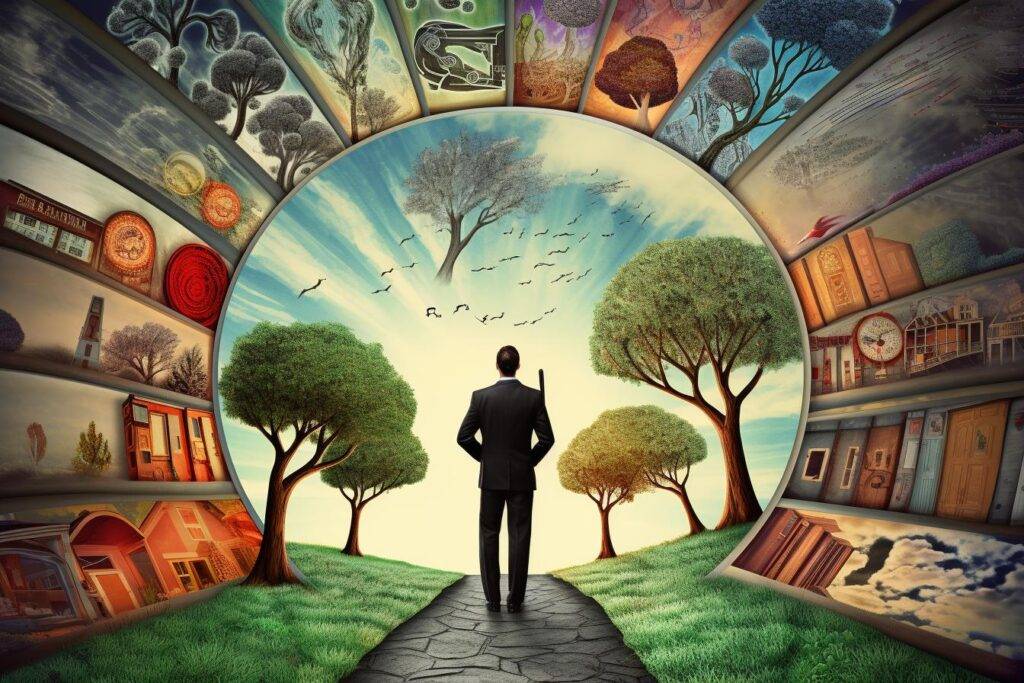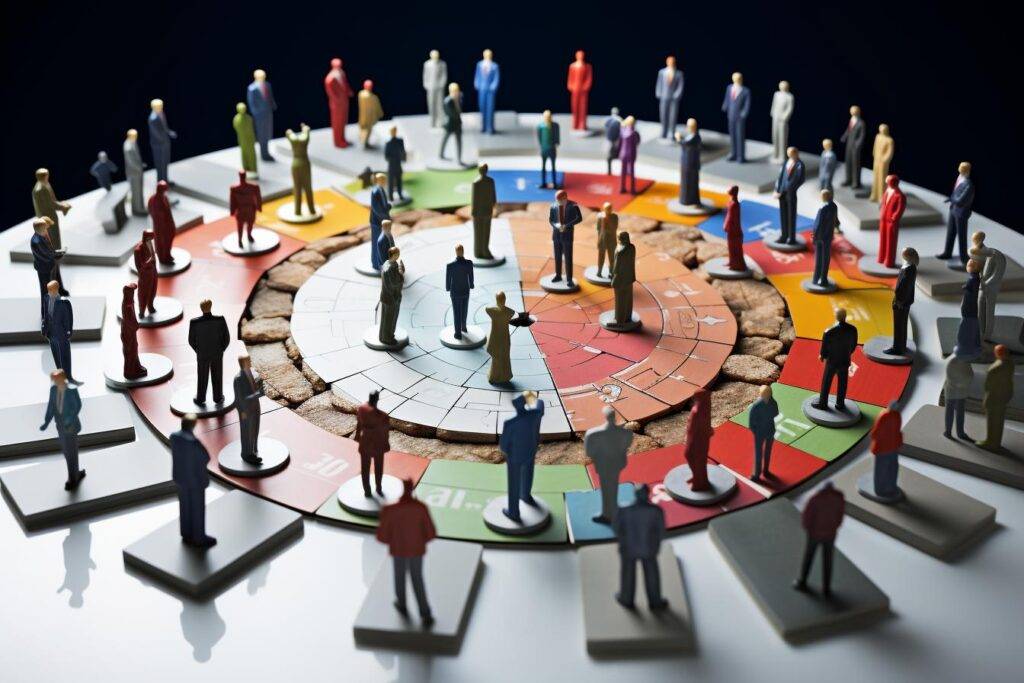Free will – the ability of a person to make choices and decisions independently (freely), unconstrained by external factors or by conscious (free) choice.
Free will is not only the ability but also the right to choose and act according to one’s own will, i.e. individuals have autonomy and are not driven by instinct or predetermined forces. Free will allows us to exercise discretion in shaping the thoughts and behaviors that affect our lives.
The concept of free will raises questions about the nature of human consciousness – the interplay between mind and body – decision-making involves a degree of self-awareness and rationality. Our choices are influenced by our beliefs, values, preferences and personal experiences.
Free will gives individuals freedom of choice, but it does not mean complete freedom from external influences. Our decisions are determined by a variety of factors, including social norms, cultural conditions and environmental conditions.
Belief in free will has important implications for personal responsibility, i.e. individuals are accountable for their actions and the consequences that follow. This forms the basis of morality, as our choices are seen as deliberate choices that can have consequences.
When it comes to free will, not everything is clear-cut, as it is not clearly defined to what extent our choices are influenced by biological factors (including the cognitive processes of the mind). Perhaps free will is an illusion and our choices are determined or influenced by subconscious processes.
At times when one is unable to rationally account to oneself for the validity of the decisions one has made, the same rational approach suggests that the decision one has made was not of free will.




